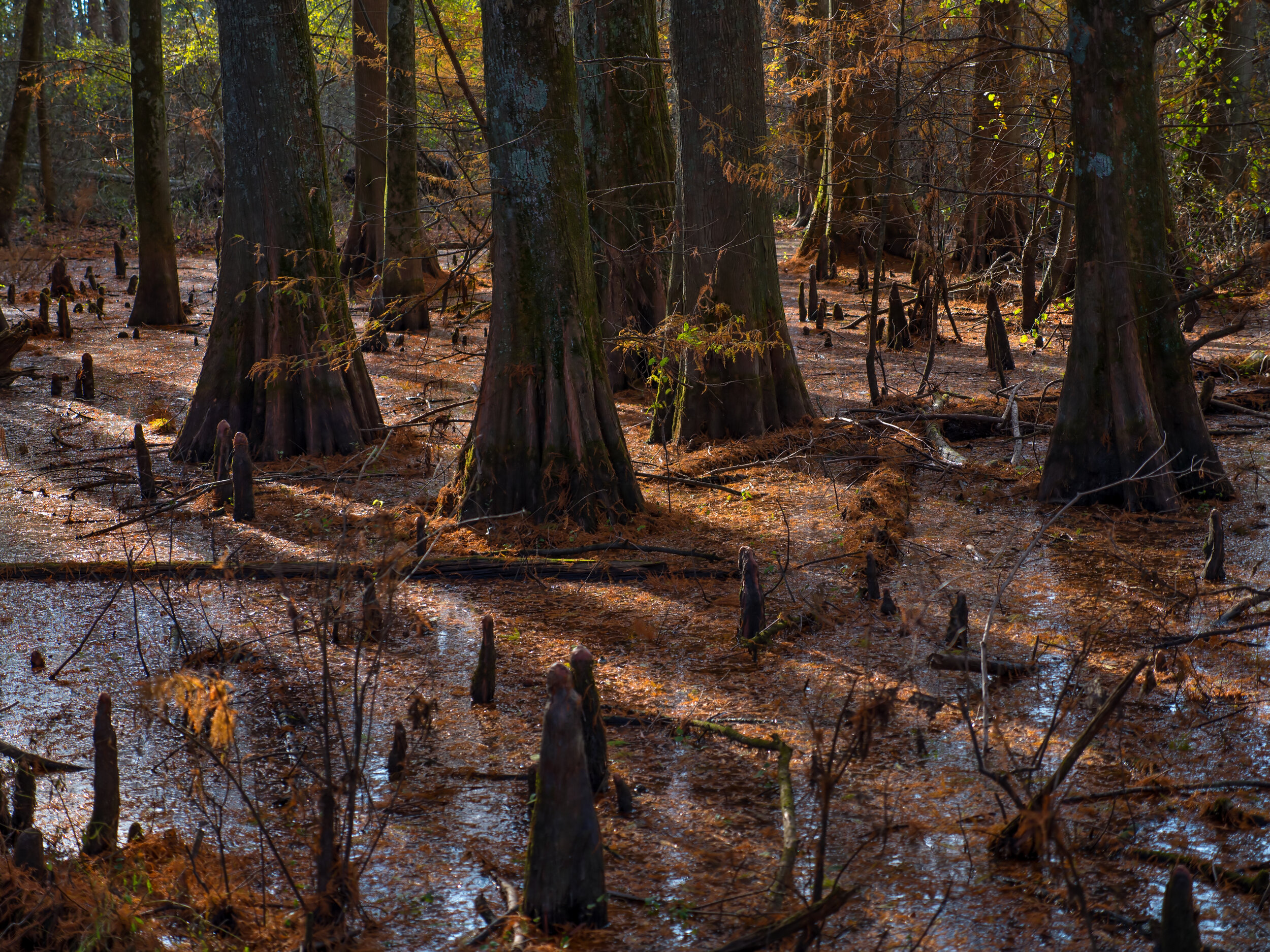
Upcoming events

Events Calendar
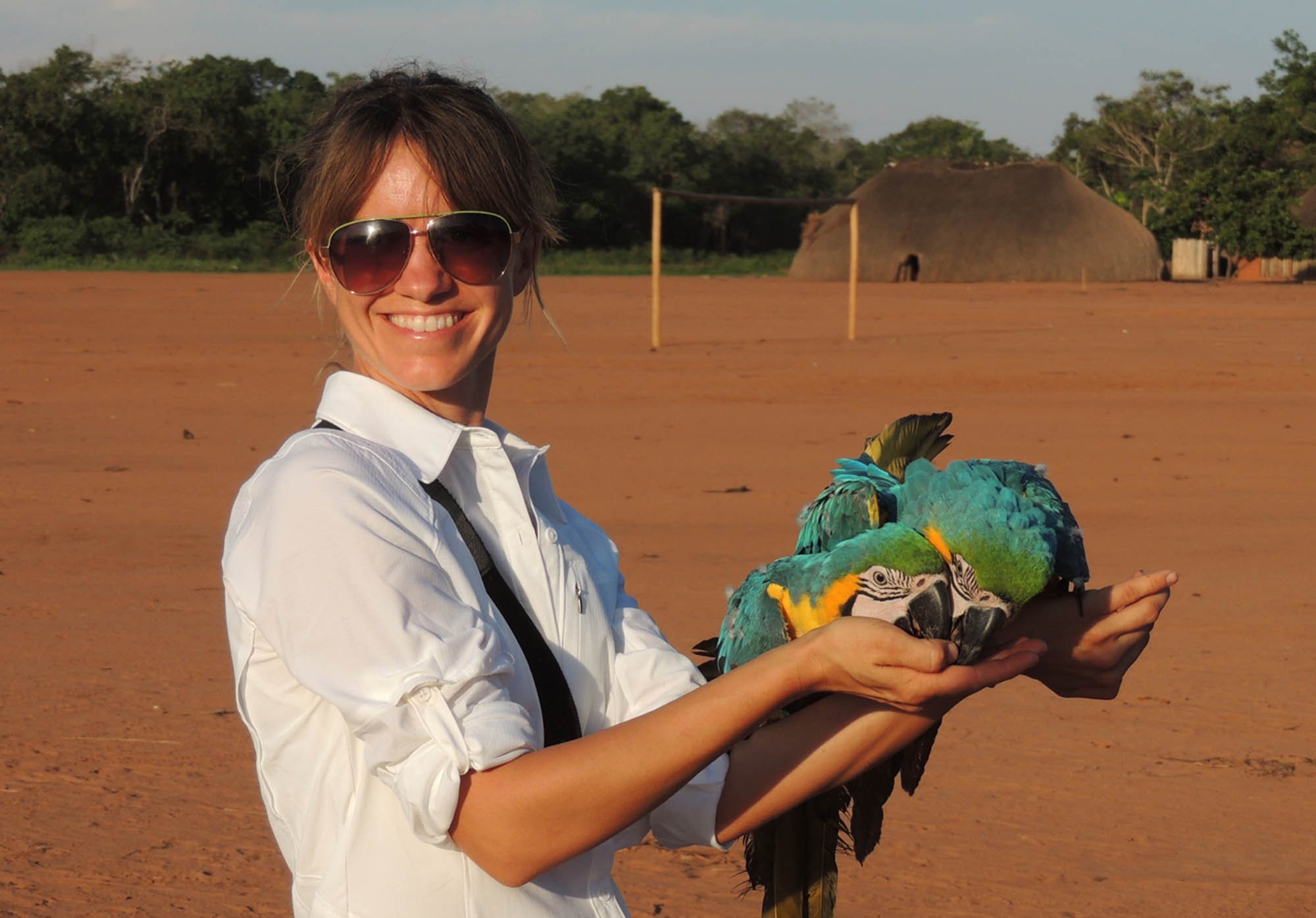
Hillary Hankey - Avian Behavior International
Alabama Center for the Arts - Visual Arts Building - Room 118
"Enhancing Reintroduction Efforts in Southern Ground Hornbills Through Cross-Disciplinary Knowledge”

Robyn Bailey - Nestwatch
Hidden Heroes: The Role of Citizen Scientists in Studies of Avian Reproduction
Robyn will discuss how ordinary people around the world contribute important bird observations to long-term databases. These contributions help scientists understand how environmental changes affect bird populations. Specifically focusing on North America's nesting birds over the past six decades, Robyn will highlight the pivotal role of citizen scientists in this research. She also offers practical tips on how everyone can make a difference in supporting bird conservation in their daily lives.
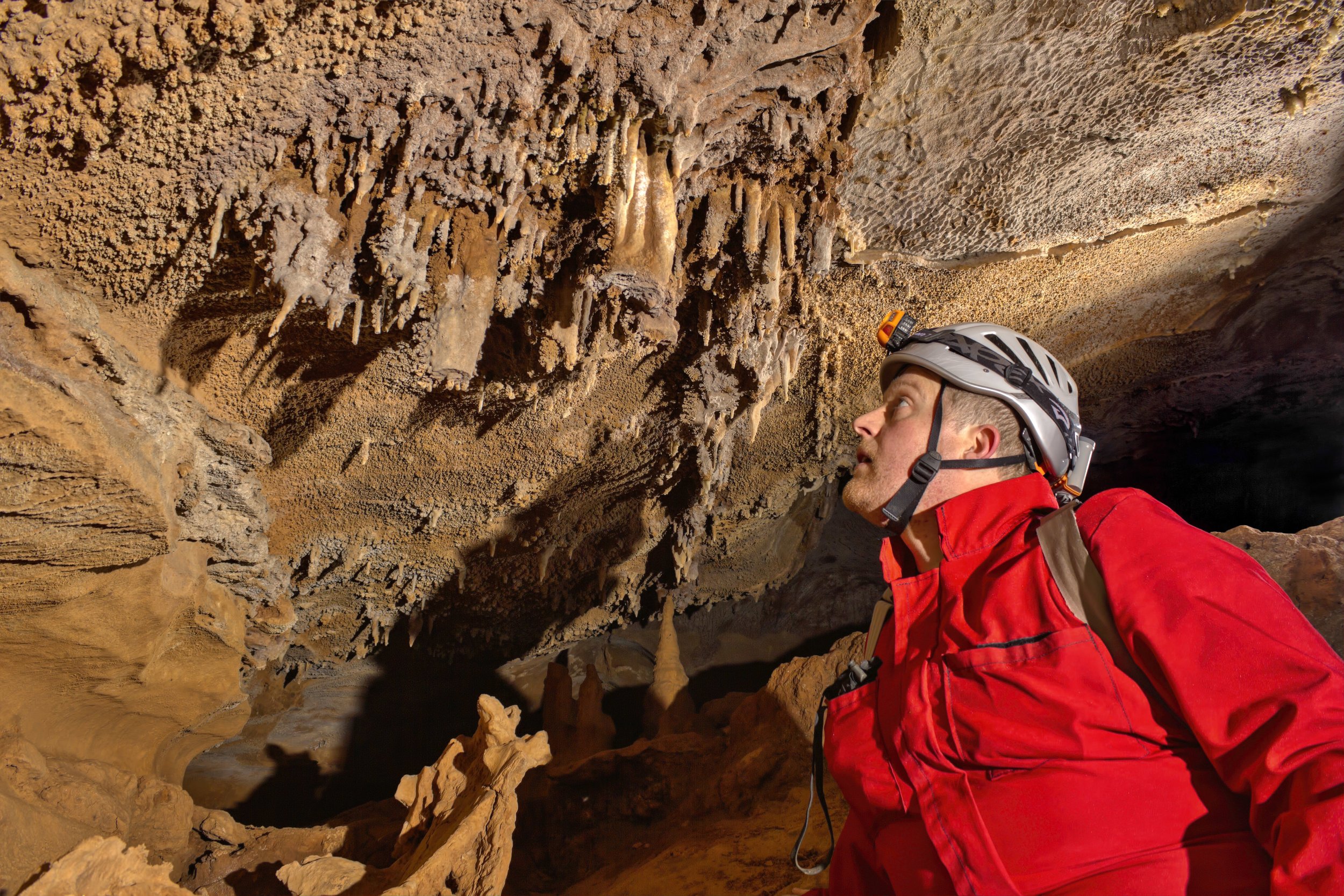
Dr. Matthew Niemiller - Cave Life
Alabama Center for the Arts - Visual Arts Building - Room 118
Cave Life of Wheeler NWR: An Underappreciated and Unique Biodiversity
Dr. Niemiller is the head of the Cave Bio Lab at UAH, which employs field, laboratory, and computational approaches to study the ecology, evolution, and conservation of life in caves and other subterranean habitats. Current research includes population surveys and status assessments of state and federally-listed cave and groundwater species throughout the United States and Alaska, developing environmental DNA approaches for population monitoring and community studies of groundwater life, and genetic and genomic studies of cave and groundwater fauna, among others.
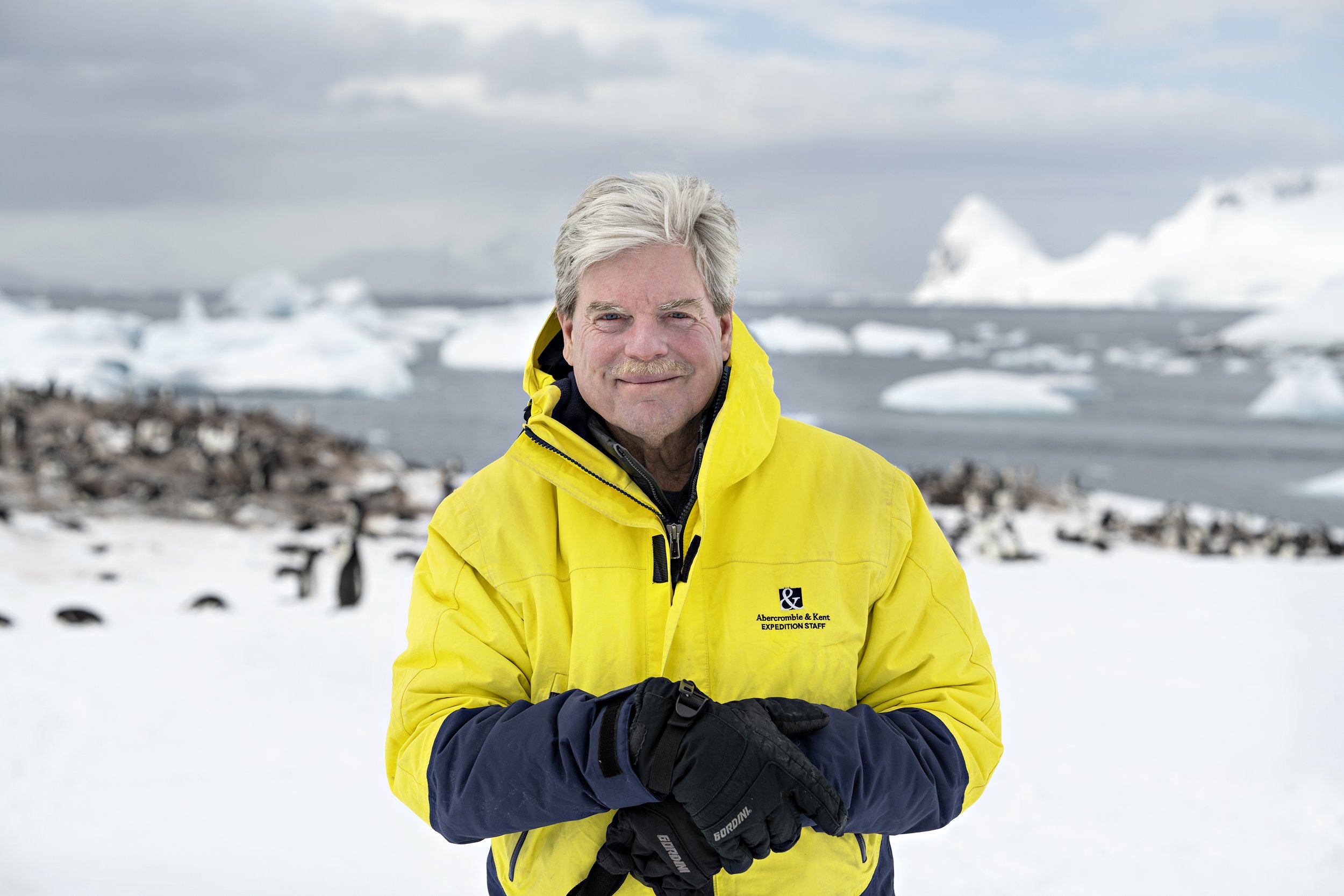
Dr. James McClintock - Drug Discovery in Antarctic Seas
Alabama Center for the Arts - Visual Arts Building - Room 118
DRUG DISCOVERY IN ANTARCTIC SEAS
Explore the exciting field of marine natural product drug discovery and efforts to find new chemicals to cure a variety of human diseases from Antarctic marine animals.
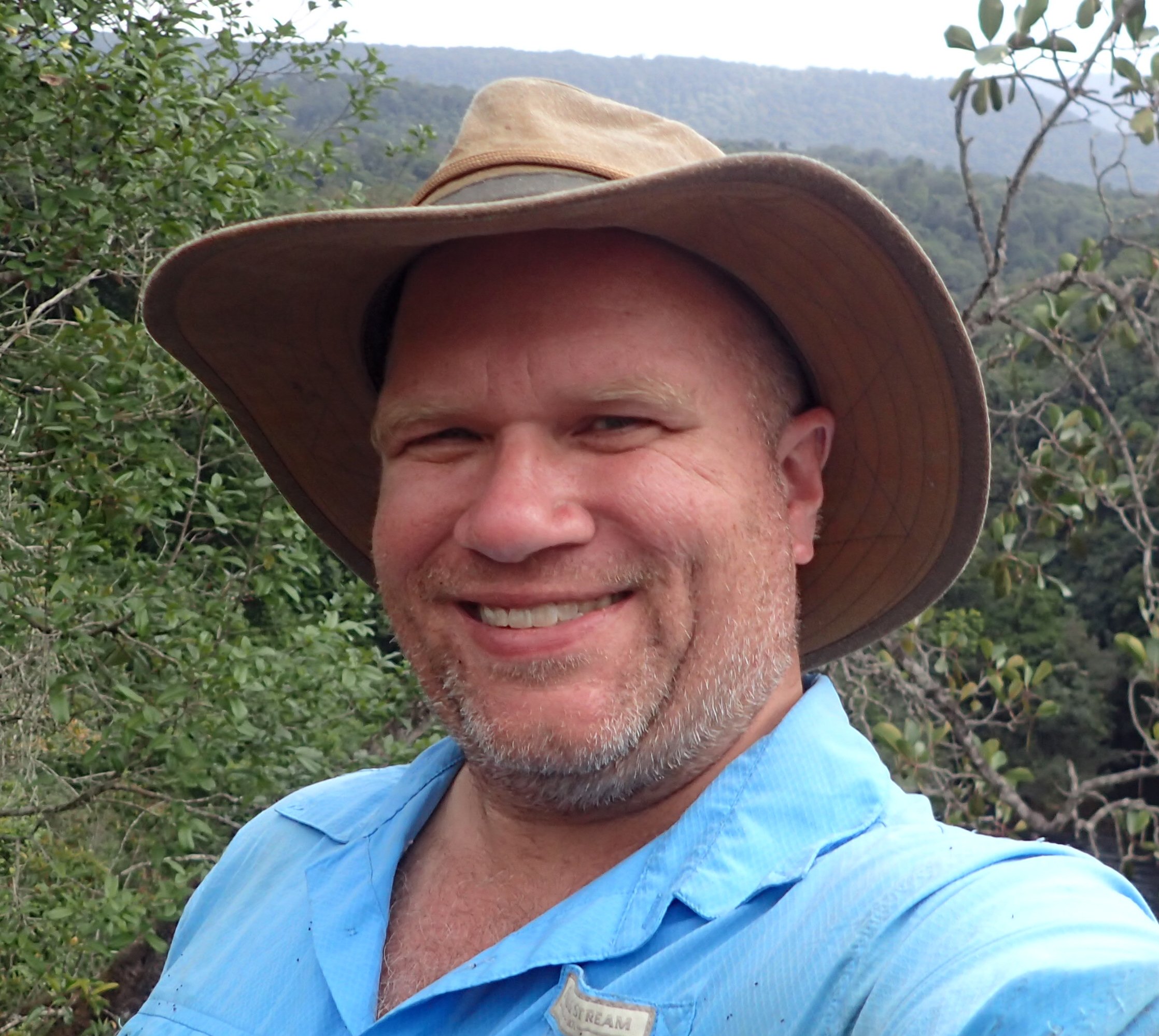
Dr. Jon Armbruster - Fish Under Alabama
Alabama Center for the Arts - Visual Arts Building - Room 118
Fish Under Alabama: How Fish Came to Live in Caves
Some of the most inhospitable environments are caves. With no light, any cave organism relies on food that comes from the outside. Despite these conditions, fish have moved into caves many times all over the world. For a long time, we believed that cave organisms had to have small distributions because their lack of eyes and pigments would mean that they would not be able to survive outside of their dark environments. However, one of Alabama’s two cavefishes, the Southern Cavefish, is distributed across Alabama, Georgia, Tennessee, Kentucky, and Alabama. Turns out that the underground world is a lot more complex than we had thought.
